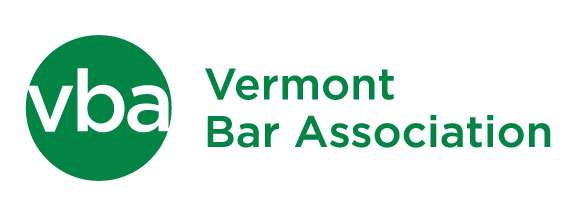09-08 An attorney licensed to practice in Vermont with active status is engaged in the practice of law and governed by the Vermont Rules of Professional Conduct (the “VRPC”) when accompanying disabled beneficiaries of his organization to court for matters where by commission or omission of an attorney’s duties the beneficiary’s rights may be affected, even though the attorney does not hold himself out as an attorney; such attorney must disclose his status and behave accordingly.
96-11 An attorney who has secured information from an individual in the context of a free initial office conference, in which legal advice has been sought and given in circumstances reasonably likely to create an expectation of confidentiality, is required to treat such information as if it had been received in the course of representation, even if the conference does not result in the individual engaging the attorney for further services. Any confidences or secrets obtained as a result of the conference continue to be protected thereafter, and the attorney may not disclose such information, even if the attorney determines that the individual has presented information to a tribunal that is contradicted by the information previously given to the attorney.
90-04 An attorney’s services as an executor of an estate, although not giving rise to an attorney/client relationship, still may be governed by the Vermont Code of Professional Responsibility. Where an attorney’s decisions as executor have the potential to benefit existing clients, precautions should be taken to avoid an appearance of impropriety.

